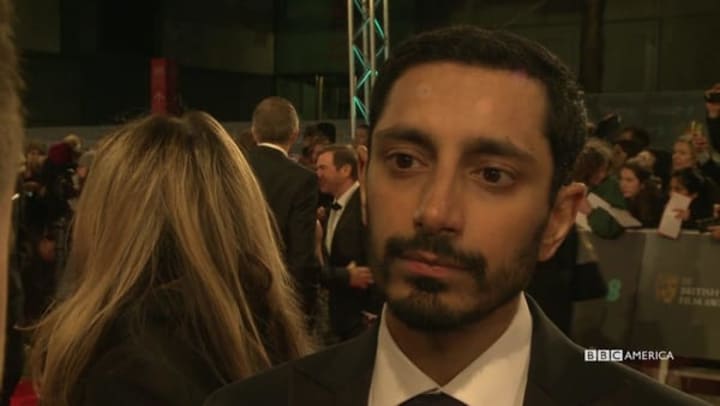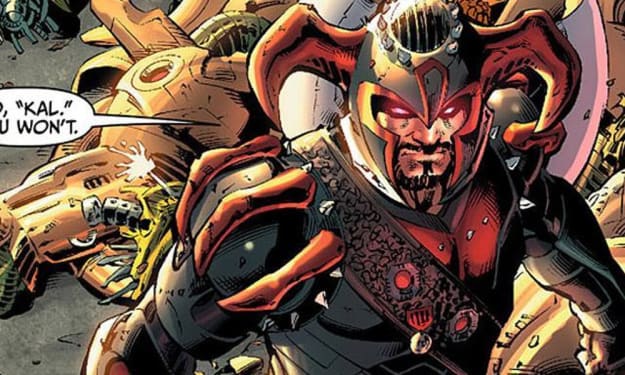
In 2002, spy-drama fans were treated to a film like no other; The Bourne Identity, a high-powered adaptation of Robert Ludlum's novel, starring Matt Damon as Jason Bourne. A full 14 years later, fans are headed to the cinema to watch Jason Bourne, the latest in what's become a powerful franchise.
In order to justify its existence, Jason Bourne has to meet two distinct challenges: first, it has to truly add something of note to the life-story of Jason Bourne himself; and secondly, it has to make a valuable contribution to the security debates currently challenging the world. Most films don't have anything like that second challenge, but the Bourne franchise stands unique in having brought the debate about freedom and security into the cinemas and living-rooms of spy-drama fans worldwide. So for Jason Bourne, the bar is set pretty high.
The Bourne Identity introduced us to a man without a past - an assassin whose memories had been lost as a result of trauma. What followed was a fascinating film, in which Jason Bourne discovered enough about his past to learn that he didn't want to be that man anymore, and ultimately left it behind. In The Bourne Supremacy, Jason's past caught up with him, and cost him the life that he'd built for himself. The Bourne Ultimatum seemed to close off Jason Bourne's story, with the star learning his real name - David Webb - and finally remembering his past. In the most startling twist, we learned that he'd actually volunteered for the Treadstone Project, and that the project itself had originally scarred his mind.
I'm not going to go into heavy spoilers here, but Jason Bourne faces a very real challenge; how to continue the story of a man whose arc has already come full-circle. Writers Paul Greengrass and Christopher Rouse have a smart solution, revealing why Jason Bourne volunteered in the first place, and uncovering a dark conspiracy behind that. Functionally, it's a strange decision; where the previous film had established that Jason Bourne actually chose his fate, this film shows that his choice was strongly manipulated. There's a sense in which Ultimatum's strongest twist is in part undone.
This brings me to the key problem, though; with every film, Jason Bourne is becoming a less interesting character. The man in Identity was a cypher, confused and uncertain, working on muscle memory as much as anything else. Supremacy brought tragedy into Bourne's life, with the loss of his love. Ultimatum resolved Bourne's story, with viewers finally understanding what kind of man Jason Bourne had been all along. But this latest instalment lacks any of that. Without going too heavily into spoiler-territory here, Jason Bourne is presented as a man who has lost his purpose, and - by the climax of the film - he's simply finding it in vengeance. His pursuit of Vincent Cassel's Asset shows a complete disregard for collateral damage - sure, the Asset is far more deadly, but Bourne's desire for revenge means he doesn't even think of backing off.
With every step along the journey, Jason Bourne has become a far less sympathetic character, and Jason Bourne is the culmination of that process.
What about the freedom / security debate?

An unlikely champion of human rights! Image: Universal Pictures
Where the film does justify itself, though, is in its continuation of the debate on freedom versus security. The Bourne franchise has always trod a very dangerous line, revealing just how dark espionage can truly be, and giving us a very real sense of how powerful black ops projects are.
With technology advancing at an incredible rate, it's no surprise that the franchise has been left behind. In 2013, Edward Snowden disclosed the scale of global surveillance programs (in many cases, illegal ones), and intensified the ethical debate on freedom versus security. That debate continues to this day, and is particularly a concern as regards social media. We happily disclose a massive amount of personal data to sites such as Facebook, and government agencies have a deep-rooted desire to access this data.

Riz Ahmed. Image: BBC
Enter Riz Ahmed's Aaron Kalloor, CEO of a social media company called Deep Dream. Kalloor is the public face of a major social media channel that's secretly been funded by the CIA, and his latest innovation includes a back-door by which the CIA will be able to access the personal information of every user. The scale of the intrusion into personal privacy is mind-boggling, and presented on a scale that makes Deep Dream comparable to Facebook. As always in the Bourne franchise, the film doesn't really comment on the ethical questions; instead, it exposes them, and then moves on to the action. The debate it's playing on, though, is all too real, and is vitally important.
I've been very critical as far as the character of Jason Bourne, but the ethical debate is where this film justifies itself. Jason Bourne gives us an idea of just how much power those who defend us would desire to have, and in so doing it brings something of real value to the conversation on security versus freedom. That conversation will no doubt be deepened by Snowden, a film based on the actions of Edward Snowden that's due out in September; however, Jason Bourne will reach a far greater audience than Snowden ever could, if only due to the strength of the Bourne brand.
Overall, critical consensus for Jason Bourne has been mixed, and I have to confess that I consider Jason Bourne to be the most flawed film in the franchise to date. However, it remains important in that it updates the security versus freedom debate, bringing us into the post-Snowden world and raising very real issues. It's worth checking out.
About the Creator
Tom Bacon
A prolific writer and film fan, Tom has a deep love of the superhero genre.






Comments
There are no comments for this story
Be the first to respond and start the conversation.